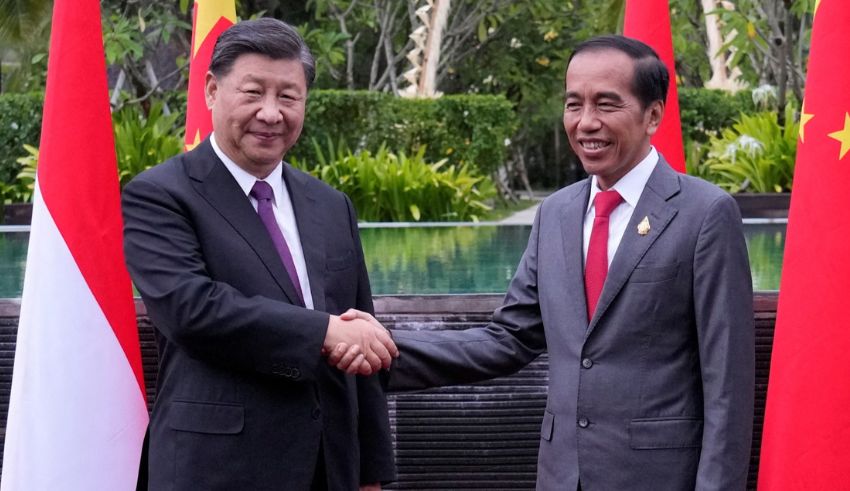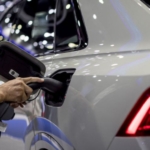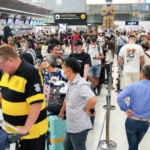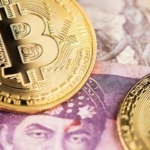
In response to President Xi Jinping’s invitation, Indonesian President Joko “Jokowi” Widodo travelled to China. This visit is particularly significant since it occurs during the 10-year transition of Indonesia and China’s relationship to a comprehensive strategic partnership. The main goal of President Jokowi’s visit is to explore strategic investments in electric vehicles and other critical industries that will deepen bilateral economic ties. He also wants to deal with national and international problems and promote cooperation in the trade and health sectors.
China has become Indonesia’s top trading and investment partner in recent years. Massive Chinese investments in Indonesia’s nickel processing industry have supported this boom. Nickel smelters have been built in Indonesia by Chinese businesses, including Tsingshan and Contemporary Amperex Technology Co. Ltd. (CATL), to keep the manufacturing of stainless steel and batteries for electric vehicles (EVs). The need for environmentally friendly transportation options is growing globally, making the development of EV batteries even more critical.
The China-backed high-speed railway that connects Jakarta and Bandung in West Java is one of the significant infrastructure projects showing the growing connection between the two countries. It is slated to begin operating commercially soon and will be the first high-speed rail service in Southeast Asia. This undertaking demonstrates China’s dedication to assisting Indonesia in its modernisation efforts and improving internal connectivity.
Additionally, Indonesia is eager to welcome Chinese investments in the petrochemical and clean energy industries. Luhut Binsar Pandjaitan, the nation’s coordinating minister for maritime affairs and investment, has been fostering relationships with top Chinese businesses, including China Jushi, Wanhua Chemical, and Walsin Lihwa, to promote investment in Indonesia. The Indonesian government aims to accelerate the growth of the country’s economy by placing a priority on petrochemicals, health care, and renewable energy.
Before the end of his second and final term in office in October of next year, President Jokowi hopes to make Nusantara Indonesia’s new capital city and leave it as one of his defining legacies. He is looking for Chinese investment to help create new capital to accomplish this challenging goal. The project offers a chance for both nations to work closely together and develop a cutting-edge urban core that is contemporary, sustainable, and technologically sophisticated.
President Jokowi intends to speak with President Xi Jinping about the South China Sea during his visit. Unanimous Chinese claims to control the disputed areas have heightened tensions in the South China Sea, a vital passageway for international maritime traffic. Like several Southeast Asian nations, Indonesia has a stake in the area and seeks to resolve the issue diplomatically and helpfully.
Keep Reading
President Jokowi will attend the opening day of the FISU World University Games in Chengdu in addition to his diplomatic commitments. He participated in the ceremony with President Xi Jinping, demonstrating the close cultural and sporting relations between China and Indonesia.
A crucial turning point in Indonesia and China’s bilateral ties was reached with President Widodo’s trip to China. The two countries’ dedication to fostering economic cooperation and environmental development is evident in their focus on investments in electric vehicles and other vital industries. This visit can deepen ties and promote advantages for both nations because China continues to be an important trading and investment partner for Indonesia. Furthermore, the debates over regional concerns, particularly those involving the South China Sea, offer a chance for a productive conversation to further regional peace and stability.

























